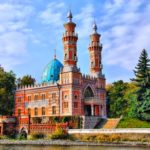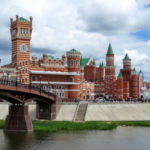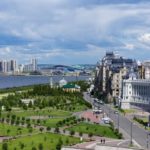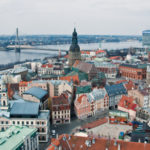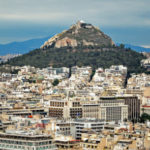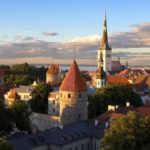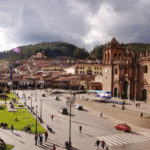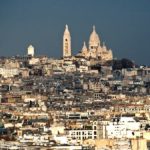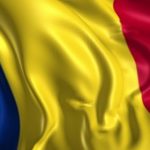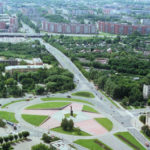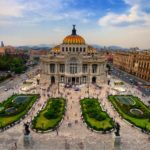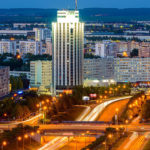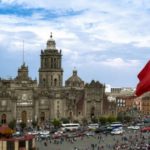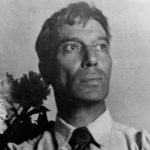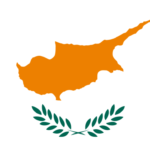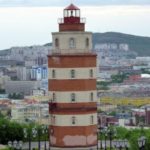Interesting facts about Tbilisi
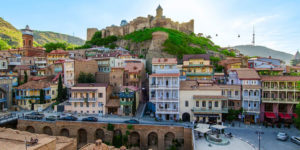 Tbilisi is an amazing city, really. Everything mixed up here-the breath of Europe, the ancient Georgian history, and the legacy of the Soviet Union … Today the capital of Georgia is a clean, comfortable and safe city, a stroll through the streets is a great idea.
Tbilisi is an amazing city, really. Everything mixed up here-the breath of Europe, the ancient Georgian history, and the legacy of the Soviet Union … Today the capital of Georgia is a clean, comfortable and safe city, a stroll through the streets is a great idea.
In translation from the Georgian language, the name “Tbilisi” means “a warm spring”. In the Russian language, until the 1930s, the Greek version of the city’s name, Tiflis, was used.
According to Georgian legend, in 458 one of the kings of Iberia went hunting. His hunting falcon wounded a pheasant (in another variant – a deer). The wounded animal was able to reach the nearest source and was healed by taking a few sips of water from the spring. The king was struck by this miracle and ordered to build a city on this place.
Archaeologists have found out that people lived on the territory of modern Tbilisi in the 4th millennium BC. The first fortress, the data of which was documented, appeared on this site in the second half of the 4th century AD.
At the beginning of the 19th century, the population of Tbilisi was more than 90% Armenian. Moreover, from that time until the revolution, 45 out of 47 mayors of Tbilisi were also Armenians by nationality.
Tbilisi is one of the ten most inexpensive cities in the world.
The oldest building in Tbilisi from the surviving to our days is the Anchiskhati church, built in the 6th century.
The Botanical Garden of Tbilisi was founded 400 years ago at the foot of the ancient fortress. After the old Muslim cemetery was added to the garden in the 20th century, its territory reached 128 hectares.
In Tbilisi, sulfur baths are extremely popular – they differ from ordinary ones in that they come directly from natural thermal springs. There are a lot of such sources in the city, so in some parts of the capital tangible smells of rotten eggs.
For 4 centuries, the capital of Georgia was the Tbilisi Emirate, the city-state of the Arabs. The influence of the Arab culture on Tbilisi is clearly visible even now.
One of the streets of Tbilisi is named after the US President George W. Bush, who visited Georgia.
Tbilisi has no city heating, no hot water supply. The citizens warm the water in the way they have enough money, but only the rich can afford to luxuriate in a hot bath.
In Tbilisi high-rise buildings, a trip by an elevator costs money. Next to the elevator button there is a slot where you need to lower the coin, otherwise the trip will not take place. Sometimes the elevator and do hang a castle, and the tenants collect a fee for using it once a month.
The majority of Tbilisi residents are heavy smokers.
Snow in Tbilisi can be seen only 3-4 times a year, and it never lies longer than a couple of hours.
Most of the titles in Tbilisi (even if they are in foreign languages) are written with a small letter, since the Georgian language does not have capital letters.
In Tbilisi, it is still customary to dry clothes on the street. Residents of high-rise buildings toss the rope from their window to the nearest post and quietly hanging sheets, towels and other things.
In Tbilisi there is no definite day for the beginning of the school year for schoolchildren. Usually studies start from 17 to 21 September, depending on the weather.

